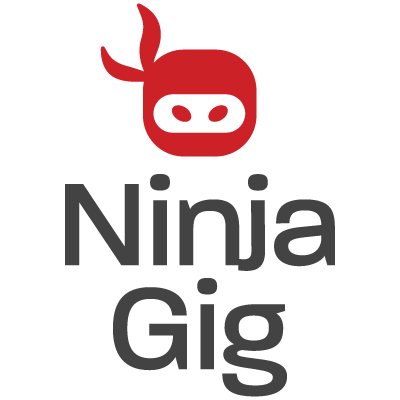Nepotism, the practice of hiring and promoting family members, is a controversial topic in the workplace. While some see it as a means to reward hardworking and loyal employees, others view it as unfair and discriminatory.
The pros of nepotism in the workplace
One of the main arguments in favor of nepotism is that it can foster a sense of trust and loyalty among employees. When a family member is hired or promoted, it can create a sense of accountability and commitment to the company. This can lead to a more productive and efficient workplace.
Another benefit of nepotism is that it can provide opportunities for individuals who may not have otherwise been considered for a job or promotion. For example, a family member may have the necessary skills and qualifications for a position, but may not have been given the opportunity to apply without the support of a relative.
The cons of nepotism
Despite these potential advantages, nepotism can also have negative effects on the workplace. One of the main criticisms is that it can create a culture of favoritism and undermine the merit-based system. This can lead to resentment and low morale among employees who feel that they are being passed over for opportunities.
Additionally, nepotism can also create conflicts of interest and create the perception of corruption. For example, if a family member is given preferential treatment in terms of salary or promotions, it can raise questions about the fairness and transparency of the company’s hiring and promotion processes.
It’s important for companies to carefully consider the potential benefits and drawbacks of nepotism in the workplace. While it can create a sense of loyalty and trust, it can also foster resentment and create conflicts of interest. It’s up to each individual company to weigh the pros and cons and determine the best approach.
Here is an article where you can read more about nepotism: https://www.tonyrobbins.com/career-business/nepotism-smart-hire/
While Ninja Gig can’t prevent nepotism, we can help you hire the right candidates! Sign up now ffor a free trial of our applicant tracking system and job posting software, and start getting your online job applications in front of potential candidates. Our system is proven to be effective at helping employers connect with the right candidates for their open positions. Don’t miss out on this opportunity to find the perfect fit for your company. Sign up now for your free trial and start reaching out to potential candidates today.
